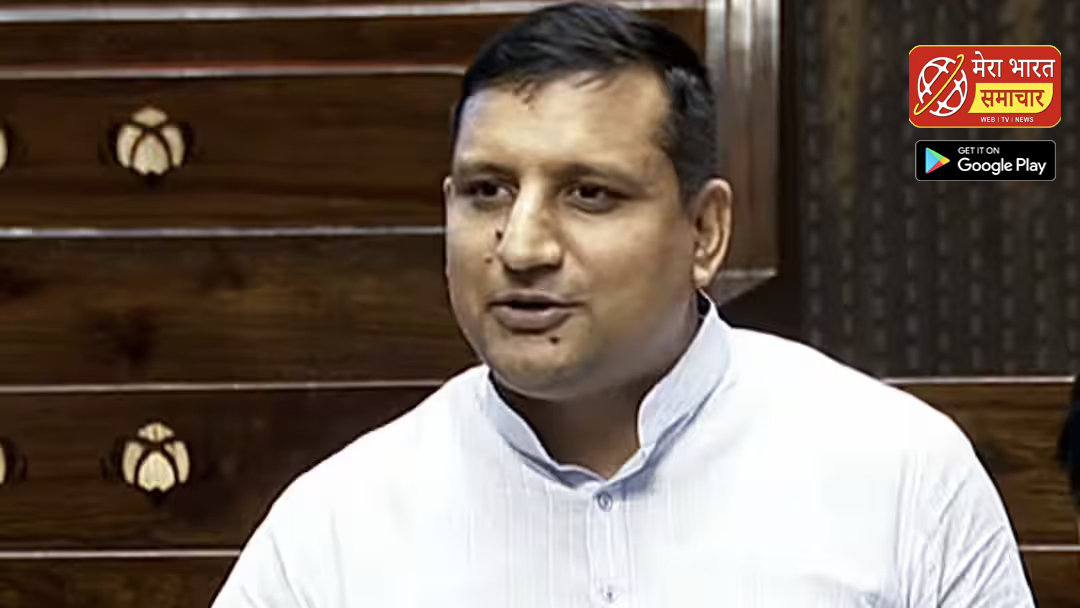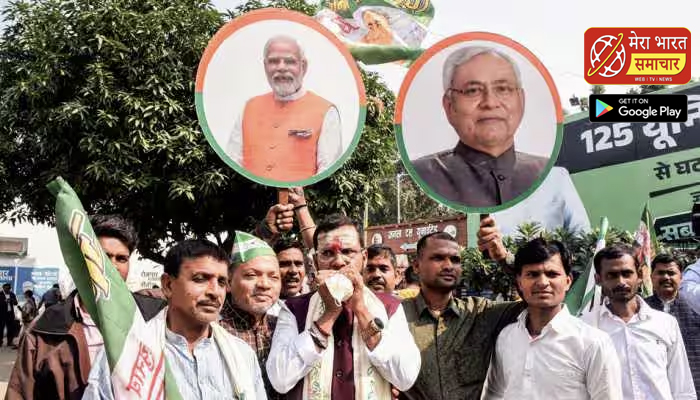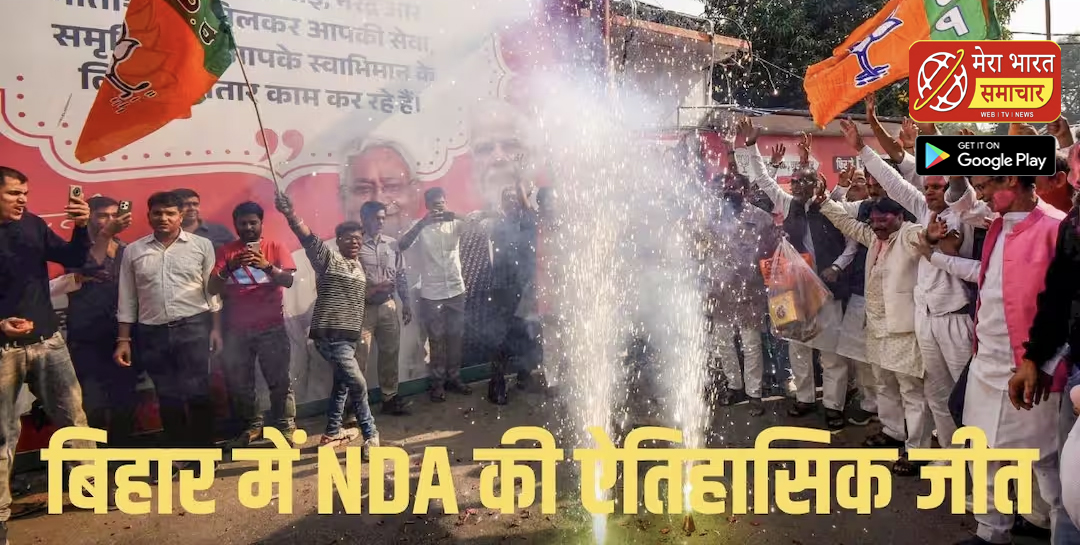The Madras High Court has upheld the state government’s restrictions on online real money games (RMG), including a mandatory “blank hour” between midnight and 5 am. The court also gave its nod to the requirement of Aadhaar authentication for players, calling these rules a necessary safeguard against addiction and public health risks.
Gaming Curfew Is Here to Stay
The verdict, delivered on June 3 by a Division Bench of Justices S.M. Subramaniam and K. Rajasekar, came in response to a slew of petitions by online gaming platforms like Play Games 24×7, Junglee Games, and Esports Players Welfare Association. These companies had challenged provisions in the Tamil Nadu Prohibition of Online Gambling and Regulation of Online Games Act, 2022, and the 2025 TNOGA (RMG) Regulations, arguing they were unconstitutional and overly paternalistic.
But the court dismissed these concerns, citing the state’s constitutional power under Entries 6 and 26 of the State List, which allow legislation on public health and intra-state commerce.
“It is a well known fact that so far as online real money games such as rummy and poker, it has created public heath risks in the State of Tamilnadu. This is elaborated in the expert committee reports whereby these games have posed serious mental and physical health risks to the citizens in the State,” the judges noted in their ruling.
Aadhaar Authentication Justified for Player Safety
The court also upheld the provision requiring Aadhaar-based age verification, stating that this form of ID ensures stricter compliance and reduces manipulation risks.
“Other ID proofs, though act as valid identification proof, are not backed by an infrastructure which facilitates verification by a private entity … the scope of manipulation or deceit is comparatively lesser in AADHAR verification when compared to other ID proofs,” the judges observed.
The state had justified the Aadhaar mandate as a two-step authentication tool to ensure only adults can participate in real-money online games. The court saw no reason to dilute this requirement.
Addiction, Public Health Trump Privacy Concerns
The High Court dismissed comparisons with other addictive digital activities such as binge-watching Netflix or playing Candy Crush, clarifying that online RMG involves real stakes and monetary risks, making it fundamentally different.
“The contention of the Petitioners that no blank hours was imposed by the State in watching movies on Netflix and Prime is unsustainable as there are no stakes involved … It is only in Online RMGs where there are stakes involved and the players get attracted by the prospect of rewards, which could lead to addictive behaviour,” the judgment said.
The court highlighted the addictive nature of these games, especially during late-night hours when dopamine-driven impulses are high and self-control is low. “The dopamine rush may trigger him to play with his money again and again, thereby unaware of the financial loss he is prone to,” the court warned.
“This court concurs with the reasons adduced by the State Government for regulating online RMGs. The adverse effects are much larger to the people than the need for securing the individual right to free trade. Regulation becomes a priority to ensure the safety and protection of the general public,” it added.
Additional Public Prosecutor E. Raj Thilak submitted data on 47 suicides in Tamil Nadu between 2019 and 2024 linked to gaming addiction. The bench agreed that these tragedies underscored the urgent need for regulation.
The court also rejected the argument that the rules impinged on privacy, noting that “when put on a scale, a compelling public interest outweighs right to privacy.”
‘Our Social Fabric Is Unique,’ Says Court
In its final remarks, the court responded to criticism that the State was being overly controlling. “Our country is built on a social and cultural fabric which is distinct from the rest of the world. A random comparison with the rights or laws prevalent in other countries cannot be blindly applied here… Protecting rights of the people is first and foremost as derived from our Constitution,” the court said.
With this ruling, Tamil Nadu’s regulatory stance on online gaming — especially games involving real money — receives judicial endorsement, reinforcing the state’s authority to act in the interest of public health and social welfare.











